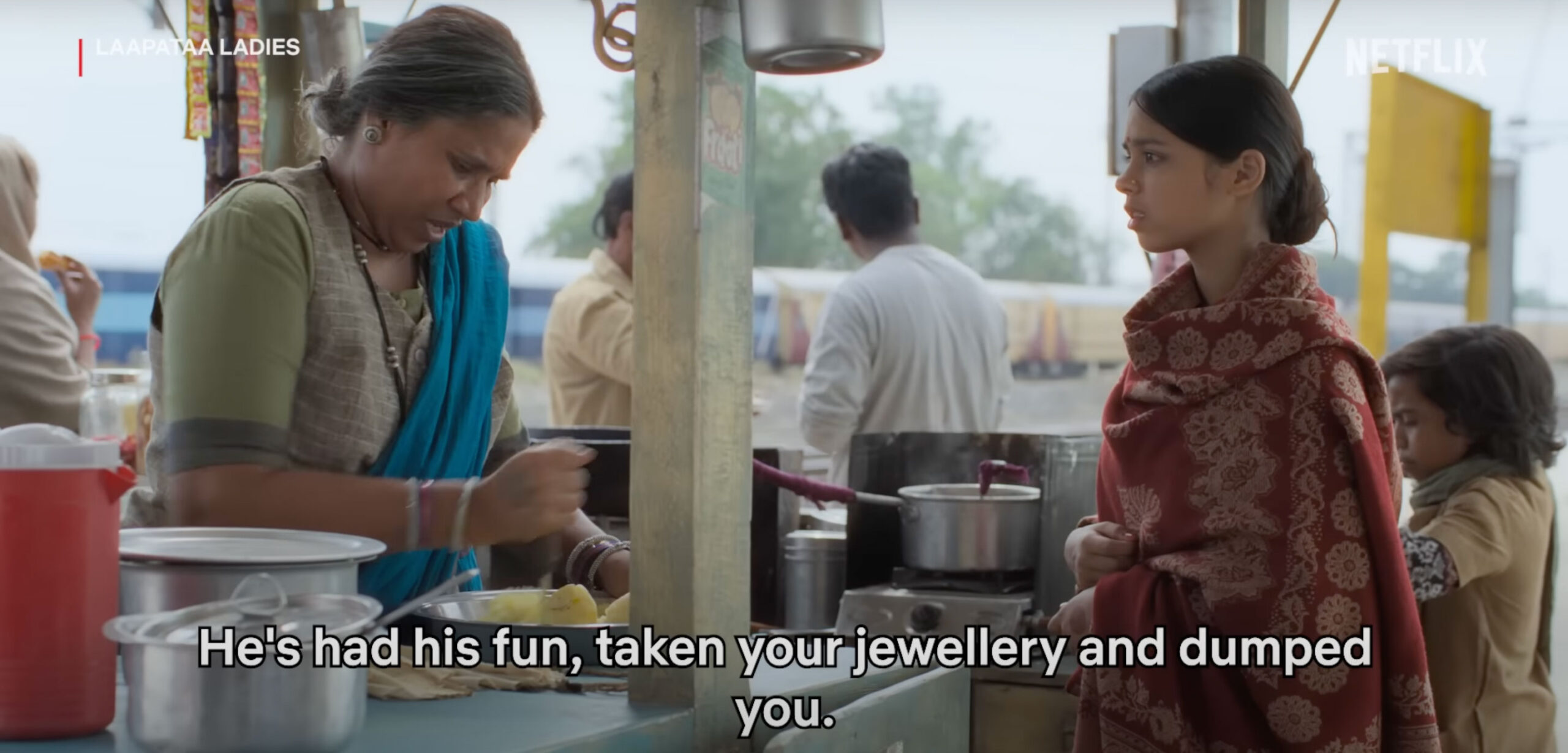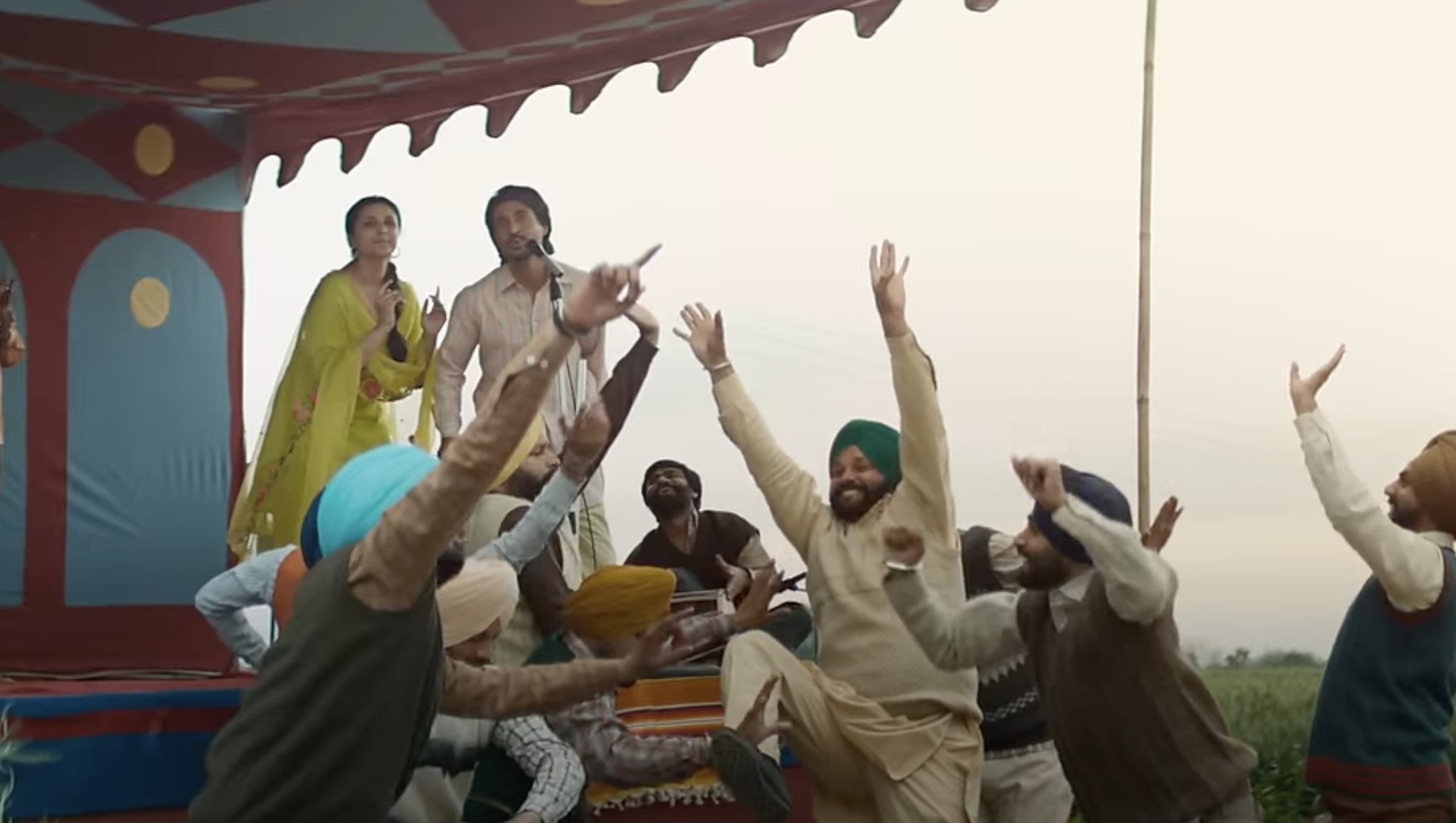Swayed by the anti-Congress sentiment prevailing in the nation and Modi’s grand promises, the educated among the Dalits voted for the BJP in the 2014 general elections. Enthused by this outcome, the BJP launched a mega campaign under the guidance of the RSS to woo Dalits. But the strategists can’t figure out how to extend the party’s influence among the Dalits. Within a few months of the formation of the government, the RSS supremo extended unequivocal support for reservation for SCs. The Hindutva leaders began shouting from the rooftops that Dr Ambedkar was their ideal. Panchjanya, the organ of the RSS, published a 100-page special issue on Ambedkar. The government said repeatedly that it was committed to tightening the noose on those committing atrocities against Dalits.
All this is fine but the problem is that there is little, if any, visible change on the ground. Clearly, political parties play caste and religious cards to grab power but once they are in power, they forget the castes and communities that helped them get there. They develop amnesia about their poll promises and start working with an eye on the next elections.
Atrocities against Dalits are nothing new. But what is a matter of concern is that such incidents have spiralled since the BJP rode to power two years ago. Most of the incidents do not come to light as the police simply refuse to register cases. But even the few that became public knowledge were spine-chilling.
Sometime ago, two tribal women and a 2-year-old child accompanying them were shot dead by security forces in Odisha. In Chhattisgarh, security personnel raped a tribal woman Madkam Hidme, and inserted a knife into her vagina and slashed her body up to the navel. In October 2015, two Dalit children were killed in Faridabad, Haryana. The media uproar that followed forced the government and the administration to sit up and take notice. Normally, the government and the administration hardly take any action in such cases. Tension gripped a village in Haryana when members of upper castes stopped a Dalit bridegroom from riding a horse-drawn carriage and pelted stones on those taking part in the wedding procession and the police squad accompanying them.
In December last year, the hands of two young men were hacked off when they refused to work in a brick kiln. The accused was released on bail and the victims are still awaiting justice. This is what happened. Diyalu and 12 others – from a small village in Odisha – were lured into working in a brick kiln through a middleman. They were told that they would be taken to a brick kiln close to their village but instead they were made to board a train that took them to Hyderabad, 800 km away. They were made to work in a brick kiln near the city. When they realized that they had fallen into a trap, they fled but the labour contractor of the brick kiln owner caught Diyalu and one of his friends in Raipur. When they refused to work, they were given two options: either have one of their limbs hacked off or die. Both of them went with the first option and ended up without their right hands.
Diyalu saw his friend’s hand being chopped off and then his own. They were left to die. Bleeding profusely and in excruciating pain, they tied what was left of their hands with a plastic bag and went to a nearby town for treatment. The police were informed and the middleman Vimal was caught. But he got bail soon.
This is also not an isolated incident. Generally speaking, the police and administration take little interest in rescuing bonded labourers and in getting the guilty punished. Bonded labour was outlawed way back in 1976 but the practice continues unabated and the labourers still live in horrible conditions.
In India, businessman, factory owners and companies routinely violate human rights of their workers and employees but the law enforcement agencies look the other way. The Indian media too, by and large, ignores such incidents. BBC (Hindi), however, keeps a sharp eye on such wrongs.
 More recently, in Gujarat, four Dalit youths were mercilessly beaten by gau rakshaks (cow protectors) for the crime of skinning a dead cow. The incident happened in the town Una, in Somnath district, Gujarat. The Dalit youths were returning from Samdhiyala village with the skin of a dead cow when the cow-worshippers accosted them. Some reports said that they were skinning the cow when the Gau Rakshaks pounced on them. They were accused of killing cows and were first thrashed with sticks. Then they were tied to a car and another round of beatings followed. Subsequently, they were taken to a police station. The perpetrators of the horrendous crime even had the temerity of recording a video of their barbaric act and uploading it on the social media. After it became viral, the administration woke up from its slumber. It is a matter of great concern that the brahmanical media did not give adequate coverage to the incident. Of the four youths, two have sustained grievous injuries and have been admitted to the Junagadh Hospital. The police have registered a case against six people, including Pramod Giri Goswami, who describes himself as the district president of the Shiv Sena. Three of the accused have been arrested. But the police arrested the “cow terrorists” only after some Ambedkarites protested and brought Una town to a standstill for three hours.
More recently, in Gujarat, four Dalit youths were mercilessly beaten by gau rakshaks (cow protectors) for the crime of skinning a dead cow. The incident happened in the town Una, in Somnath district, Gujarat. The Dalit youths were returning from Samdhiyala village with the skin of a dead cow when the cow-worshippers accosted them. Some reports said that they were skinning the cow when the Gau Rakshaks pounced on them. They were accused of killing cows and were first thrashed with sticks. Then they were tied to a car and another round of beatings followed. Subsequently, they were taken to a police station. The perpetrators of the horrendous crime even had the temerity of recording a video of their barbaric act and uploading it on the social media. After it became viral, the administration woke up from its slumber. It is a matter of great concern that the brahmanical media did not give adequate coverage to the incident. Of the four youths, two have sustained grievous injuries and have been admitted to the Junagadh Hospital. The police have registered a case against six people, including Pramod Giri Goswami, who describes himself as the district president of the Shiv Sena. Three of the accused have been arrested. But the police arrested the “cow terrorists” only after some Ambedkarites protested and brought Una town to a standstill for three hours.
Has the Modi government given licence to these gangs of goons to do whatever they want? Why do the government and the administration keep their eyes closed to such barbarism? This happened in Gujarat – the home state of the prime minister.
It is obvious that such abominable acts perpetrated by the brahmanical elements have only one objective: to terrorize the oppressed classes and to ensure that they remain servile. The section of our society that has a brahmanical mindset is not only the enemy of equality but also of humanity. What is even more worrying is that the courts often acquit those who are arrested in connection with such incidents.
According to a National Crime Records Bureau report published in May, in the year 2014, around 47,000 women became victims of violence. Dalits are routinely subjected to violence and atrocities. But our society keeps mum. How long will this continue?
The good news is that Dalits are standing up to this reign of terror. Gujarat’s Dalits have left dead cows at a number of district headquarters and told the officials to dispose of the carcasses because their people are being beaten up openly in this fashion. This is a good start to such resistance.






